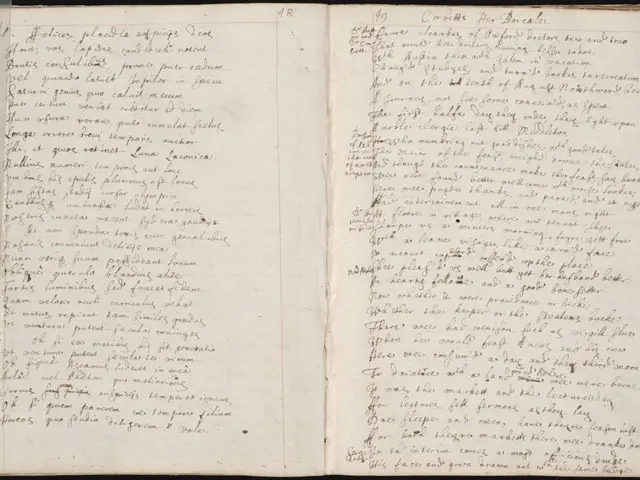Vermont Approves Sports Wagering.
Governor Phil Scott (R) of Vermont recently signed a bill into law, making it the newest state in the US to legalize online sports betting. Governor Scott has been supportive of allowing Vermonters to wager on sports for a long time and celebrated the bipartisan effort of the state legislature in passing this bill.
In a statement, the governor said, "I've been advocating for Vermont to legalize sports betting for several years now, so I'm pleased the Legislature has finally come to an agreement on this matter."
This move marks the first significant expansion of gambling in the state since the Vermont Lottery was established in 1977. Neighbors like New York, Massachusetts, and New Hampshire, along with the Canadian province of Quebec, have already legalized online sports betting. By legalizing sports betting, Vermont can capture revenue that could potentially be going to other states or illegal operators.
"We're aware that many Vermonters already participate in this market, and by bringing it above board, we can provide important resources and consumer protections," the governor added.
Online Betting Only
Since there are no commercial or tribal casinos in the state, sports betting will be conducted entirely online. Vermont residents aged 21 or older can place wagers on most professional and collegiate sports, excluding regular-season games involving local universities.
The bill allows up to six online sportsbook platforms. Approved operators will have to pay an annual fee of $550K and can renew their licenses every three years for $110K.
20% Tax Rate
Sportsbetting operators will be required to pay 20% of their gross revenue on sports betting to the state. The same tax rate is applicable in neighboring Massachusetts. Some of the money collected by the state will be allocated to a new Sports Wagering Enterprise Fund, which will be used to address problem gambling issues, cover regulatory costs, and set up a self-exclusion program.
Financial analysts predict that sports betting may potentially generate up to $10 million annually for Vermont.
Regulations and Timeline
Online sports wagering is expected to begin by January, after the Vermont Liquor and Lottery Department establishes regulations to administer the new law. The lottery agency will be in charge of assessing the suitability of operators, regulating sports betting advertising, and implementing various other aspects.
Eligible operators will need to submit a responsible gambling plan covering aspects such as providing resources for potential problem gamblers, setting betting limits, and implementing self-exclusion programs. Advertising rules are yet to be laid out, with regulators focusing on preventing advertisements on programs targeted towards minors.
The new legislation doesn't limit advertising expenditure, but Lottery Commissioner Wendy Knight mentioned that her agency will draft rules to prevent excessive advertising.








